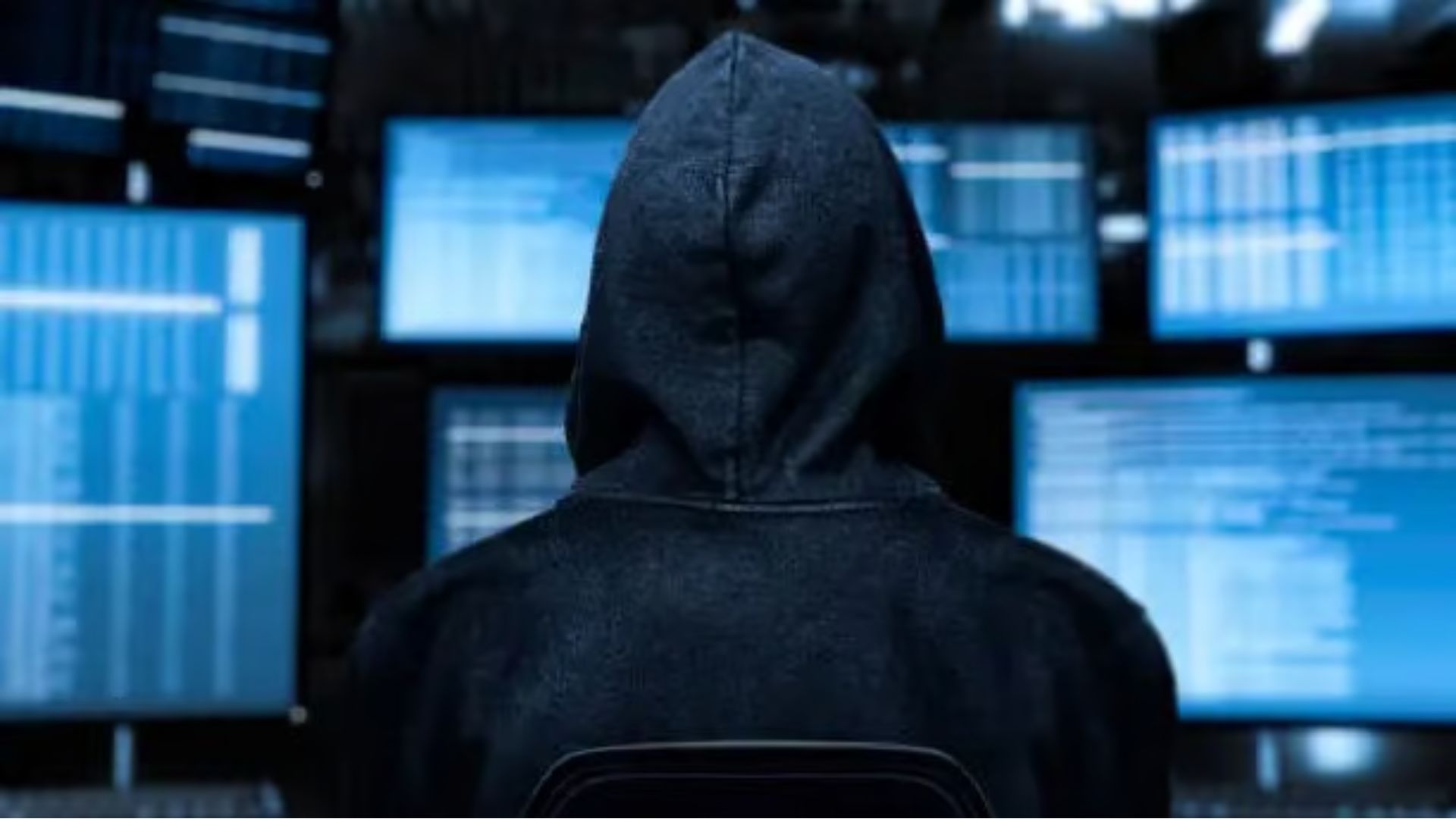
At the Washington University School of Medicine in St. Louis, cardiologists and radiation oncologists were the first to treat patients with ventricular tachycardia, a potentially fatal irregular heart rhythm, with radiation therapy, a technique now commonly used against cancer. After analyzing the cardiac effects of radiation in a small number of these patients and modeling the effects of low-dose radiation in heart failure-stricken mice, the research team found that low-dose radiation therapy appears to improve heart function in various forms of heart failure.
More research is needed before the researchers can test this therapy in heart failure patients, but the study implies that the effects of radiation on wounded hearts with high levels of inflammation may be more variable — and maybe helpful — than previously recognised.
According to the study, which was published in the journal Med, low-dose radiation therapy improves cardiac function, at least in part, by reducing the amount of inflammatory immune cells in the heart muscle.
“The radiation therapy used to treat ventricular tachycardia is targeted to a specific location in the heart; however, a large portion of the rest of the heart gets a low-dose exposure,” said co-senior author and cardiologist Ali Javaheri, MD, PhD, an assistant professor of medicine.















